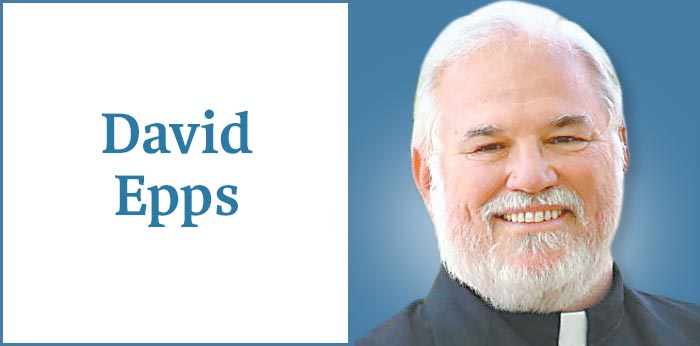Well, I got called a racist today. Again. The first time that happened a few years ago, I became really upset. After all, I actually understood what that word meant. I was horrified that someone would think that of me.
The term, “racist,” was first defined by the Oxford English Dictionary (2nd edition, 1989) as “[t]he theory that distinctive human characteristics and abilities are determined by race”; the same dictionary termed racism a synonym of racialism: “belief in the superiority of a particular race.”
By definition, I am not, nor have I ever been, a racist. I do not believe in the superiority or inferiority of one race as compared to another nor do I believe that characteristics or abilities are determined by race.
I grew up in a segregated South. When I was a kid in northeast Tennessee, there were separate, but not equal, schools, certain places people sat on buses, segregated public water fountains and swimming pools, lunch counters for whites only, theaters that had “Colored Only” entrances where blacks were relegated to the balcony, segregated housing, and the frequent use of the term for black people which will not be repeated here. I saw racism.
I remember one white girl who dated a black student and never again during the years of high school got asked out by a white boy. That’s real racism.
I remember, as late as in my 20s, seeing literature, printed and distributed by the Ku Klux Klan, in a couple of local businesses in my hometown.
Later, when I moved to Georgia, I remember as late as the early 1980s a march, of sorts, in Peachtree City staged by a small contingent of Klan members in full regalia.
And just last year a small group of white supremacists came to Newnan to spout their stuff. So, yes, there are racists in the land.
On the other hand, I was a sophomore when that same school system desegregated in 1966 and the boys from both sections of town had summer football practice for the first time in history.
There were tensions but much less than anticipated. Yet, even there, one could find the occasional white kid who had been taught that white was superior to black.
While my parents were a product of their era, I never got from them that they believed that one race was superior over another either. Which is what makes a racist.
One may be prejudiced or bigoted or have a preference over something or the other and still not be a racist. Again, a racist is one who has a “belief in the superiority of a particular race.”
I am not a racist. So why did someone call me a racist? Again. Because I disagreed with a number of the proposals and policies of the so-called “Gang of Four,” consisting of four freshmen (or “freshpersons”) congresswomen of color who have been in office just over six months.
Because of that, a women — a white woman, to be precise — called me a racist.
‘In this era of shouting and name calling, the word has lost its meaning.’
In the past, I would have agonized, done some serious navel gazing, asked people if they thought I was a racist, lost sleep, and not have eaten. Well, I still would have eaten. My response this time was simply to laugh.
I laughed, not because racism does not exist, for it certainly does — anti-Semites and Louis Farrakhan are examples of people who believe in racial superiority — but because, in this era of shouting and name calling, the word has lost its meaning.
Which is a shame. It is now used simply to insult people who have a disagreement on position or policy. It is an attempt to shame people, who have a differing opinion, into silence.
The same people who throw around the label of “racist” seem to be the same people who call others who have a differing opinion “Nazis,” “Hitler,” “fascists,” without using the term correctly or, I suspect, not understanding what those words even mean.
It harkens back to a time where, if people disagreed, say, with the war in Vietnam, those protesters would be labeled “Reds,” or “Communists.” While some certainly were, most were certainly not.
It was a way for intolerant people to marginalize and diminish the people who disagreed with them without even thinking about why they disagreed.
The same is true for those intolerant people who sling out the “racist, Nazi, Hitler, etc.,” labels.
Now, when those labels are slung out, I just shake my head, maybe even chuckle, and think, “Really?” The words don’t hurt and only cause me to believe that the people using them are simply angry, intolerant people.
Which is a shame because, one day, hopefully, we will be a country again instead of a bunch of bickering factions. Maybe then civility and honesty and, yes, tolerance, will be values we will hold dear again.
[David Epps is the pastor of the Cathedral of Christ the King, 4881 Hwy. 34 E., Sharpsburg, GA between Newnan and Peachtree City (www.ctk.life). He is the bishop of the Charismatic Episcopal Diocese of the Mid-South which consists of Georgia and Tennessee and is the Associate Endorser for the Department of the Armed Forces, U. S. Military Chaplains, ICCEC. He may contacted at [email protected].]













Leave a Comment
You must be logged in to post a comment.